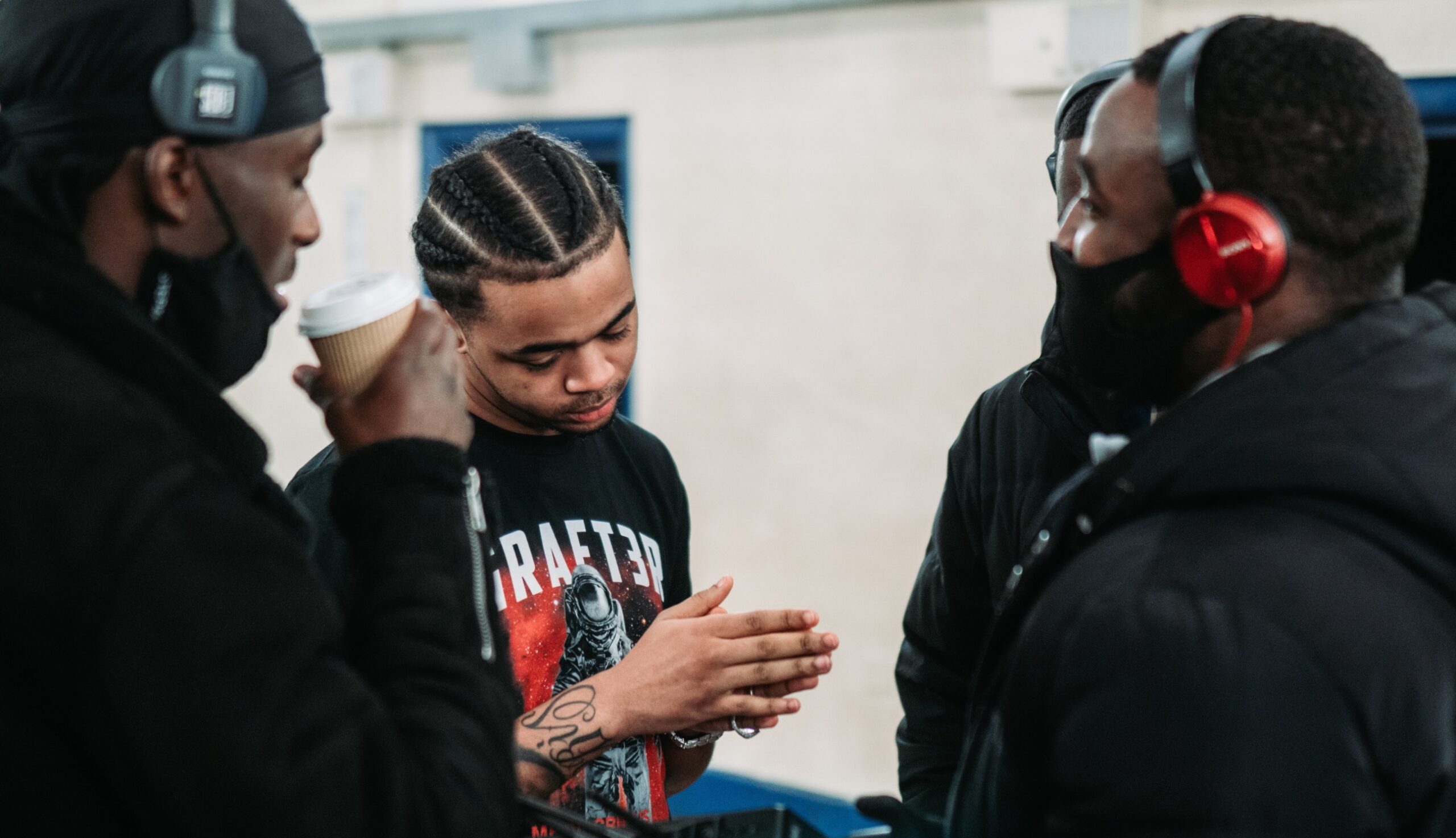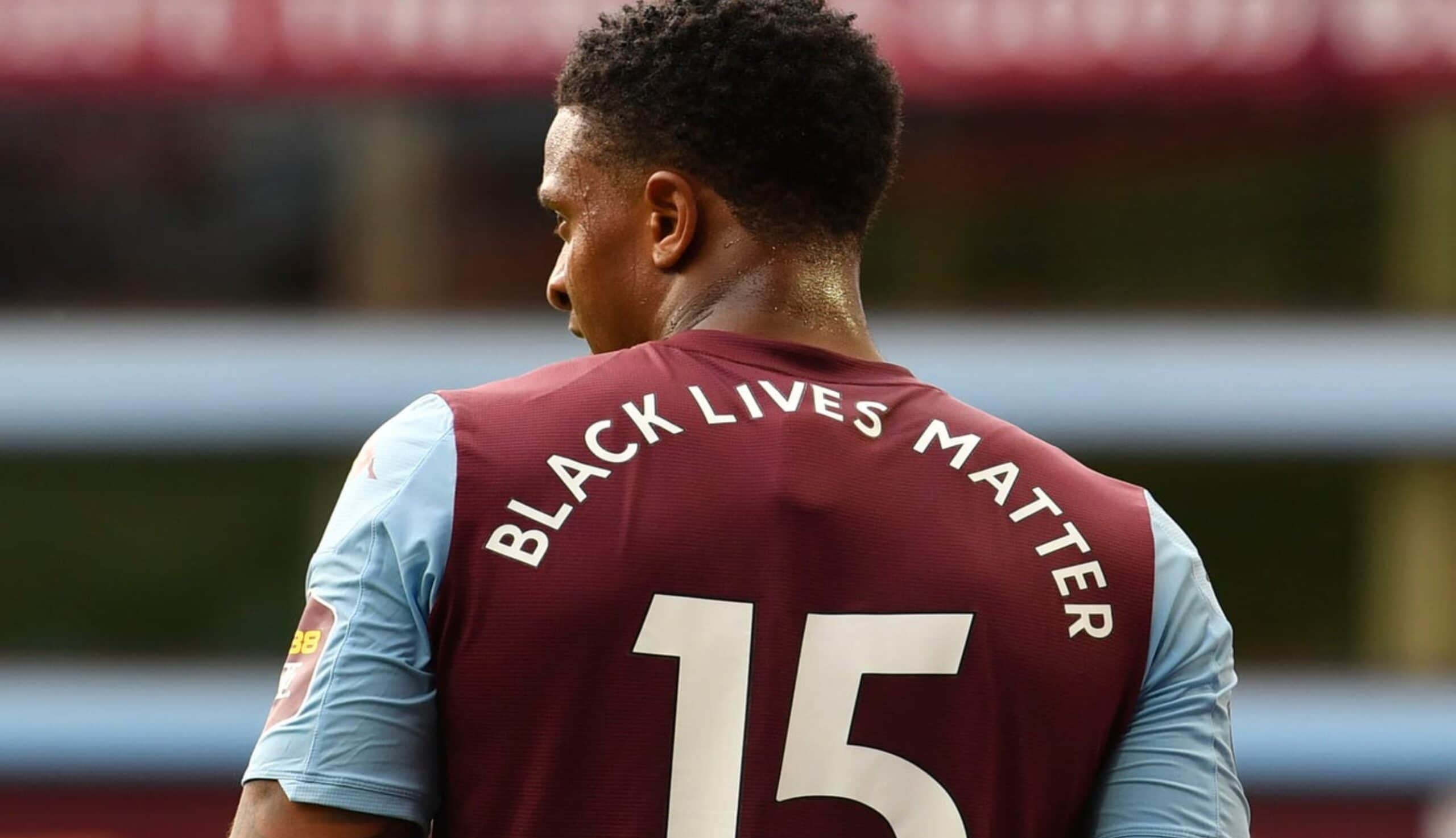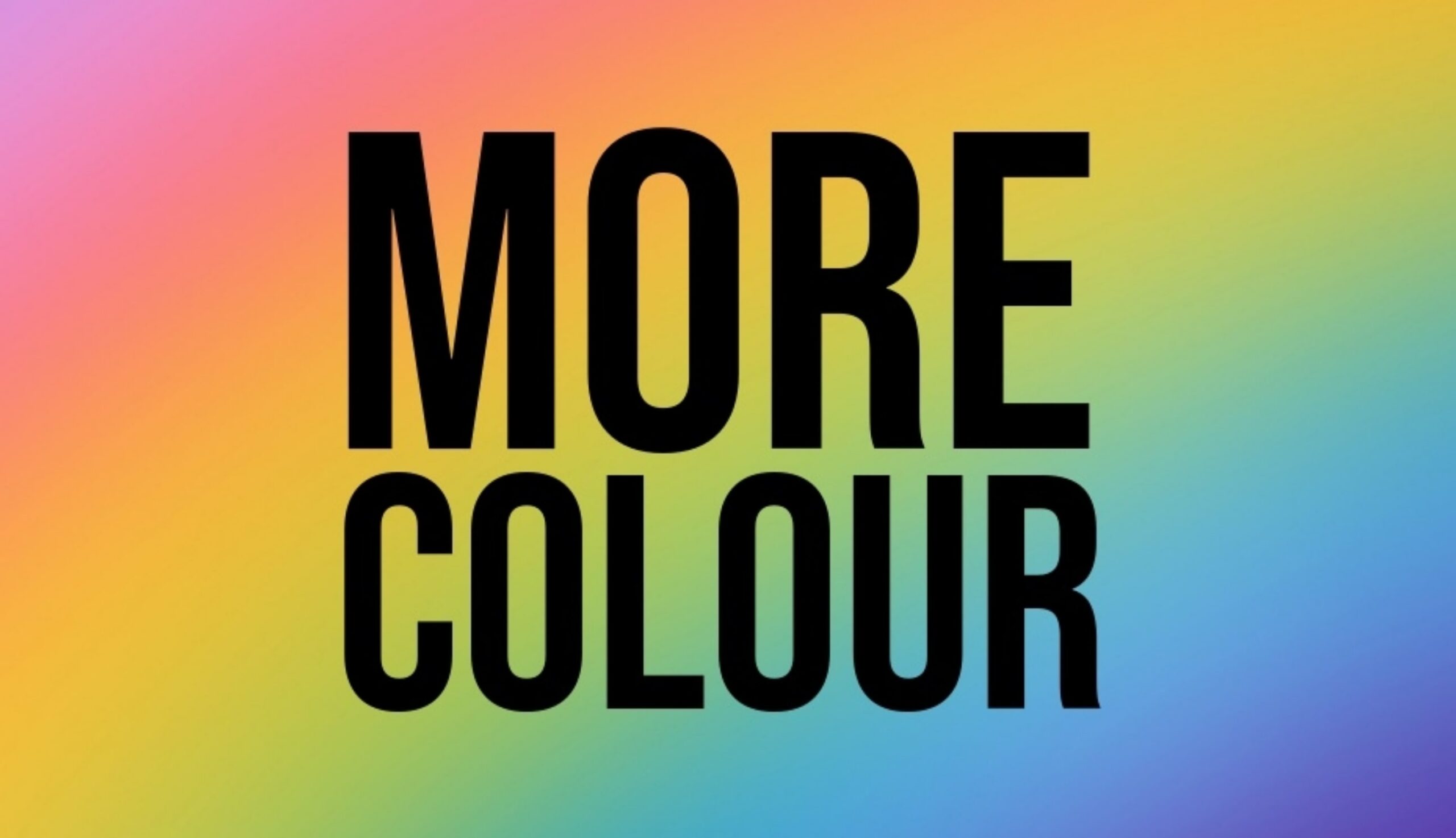
They School
Growing up in the UK as someone with a different skin colour, hair texture and culture provoke certain experiences that shape the person you become. You learn to shun your heritage in order to fit into the dominant social groups, to speak without any hint of an accent and to laugh along when your skin colour becomes the punch line of a joke. You grow up learning that the only wealthy countries are ‘Western’ and if you go to Africa all you’ll find is poverty. Throughout school, the only time my teachers ever mentioned Africa was when discussing the slave trade or highlighting examples of low GDP. The Africa I saw on BBC programmes like Comic Relief showed me people carrying buckets of water and families living in huts. Naturally I came to believe this as truth because why would the sacred BBC lie? As an impressionable child, I was inclined to exclude myself from any association with what I was told was a corrupt and failing continent.
Going to university didn’t really change anything for me. I had managed to blend in for so long that it had become instinctual. I used my Facebook to share memes and videos for laughs and likes and I steered clear of any political topics. I had even developed the ability to laugh at racial slurs and turn a blind eye to white people using the word ‘nigger’ casually. I certainly didn’t want to be seen as the student who couldn’t take a joke or the annoying Facebook political activist who took himself too seriously. But one day something changed. I grew tired of checking the news each day only to find yet another image of an innocent African-American murdered by the police. After the deaths of Alton Sterling and Philando Castile in two consecutive days, I realised that I couldn’t stay quiet any longer. It took the deaths in police custody of these two innocent men, two out of over a hundred killed in this manner within the space of a year, to spark a passionate reaction.
“I was shocked that a group of people that I had gone to school with were so confident in attacking the desire for racial equality.”
I turned to Facebook, confident that if there was ever a time to speak out and become politically conscious, it was now. Surely no one would have an issue with me raising a matter that was heartfelt by so many; one in which the victims were being killed for nothing more than selling cigarettes, broken tail lights or walking away from the police. I was wrong. The first uproar revealed itself as comments on a Facebook status that a friend of mine posted. “Racism doesn’t exist”, “if you ignore it, it will go away” and “I have a justified reason to hate black people, they are all loud” were but a few examples. I was shocked that a group of people that I had gone to school with were so confident in attacking the desire for racial equality. A few days later I tweeted about the Black Lives Matter movement. I was stunned when I was met with a similar response to my friend. Only this time, things were worse and disagreement had evolved into abuse. I was called a “shit flinging monkey” and “Bubbles the ape” to name a few. The response made me realise that I had to make a drastic change. I couldn’t just sit back and avoid involvement. It was clear to me that for so many, the obvious racism was trivial and unimportant. By sitting back and not saying anything, I would fall into the same category as the abusers and that disgusted me.
These recent experiences caused me to realise that change must come now and it must come fast. As humans, we must collectively stand up and we must stand strong. The fact that these racist and perverted views still exist in the minds of our generation is a testament to how far there is to go. Raising awareness via mature discussion is of upmost importance. Everyone has a part to play, regardless of race, gender or class. We all must work in unison to fight institutionalised racism and all other forms of dangerous prejudice. To those who still believe that racism doesn’t exist or that Black Lives Matter is a detrimental movement, you are the ones that need to listen. You are the oppressor. You are the person for whom I held my tongue and tried to culturally dilute myself for. You are the person who objects to the idea of minorities trying to better themselves. You are the people who don’t care that I was spat on as a child. But despite you, the message has never been stronger. Black lives do matter. Black is beautiful. We will not be shut down, silenced or oppressed anymore.
Illustration by Eric Sings



